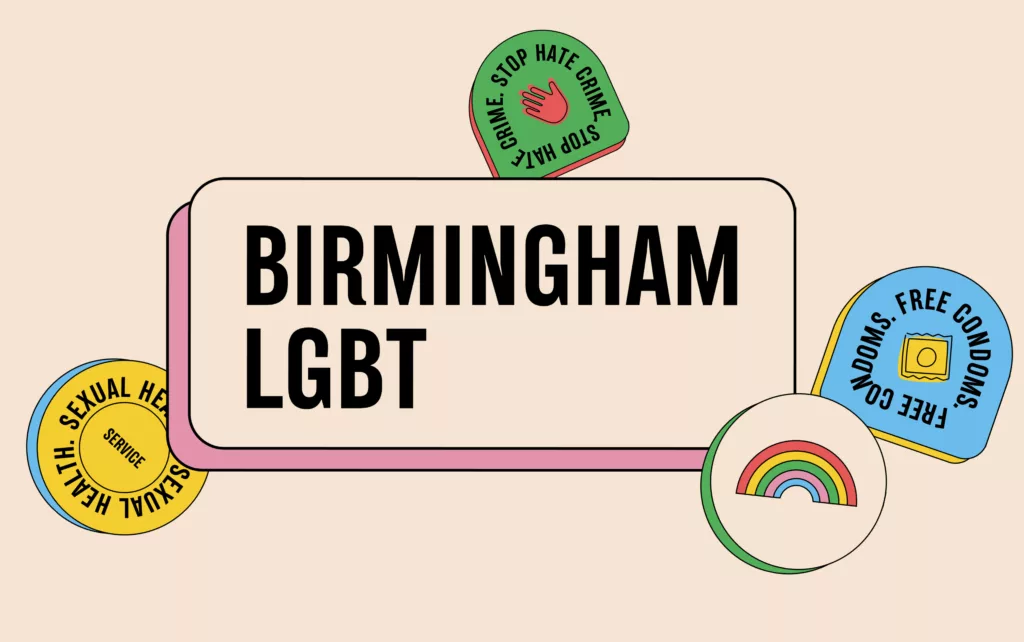When asked about their motivations for volunteering with the Birmingham LGBT Centre, most of the volunteers on my training cohort stated that, besides altruistic responsibility, they wanted to meet new people. Having moved back to my hometown in the Midlands and lacking a social life beyond my parents, I too wanted to connect with others like me in my local area. Volunteering with the Centre would enable me to both give back to and gain a community.
When I had first inquired about volunteering with the Centre last December, the coronavirus was something happening elsewhere in the world. Now that we are in the midst of a global pandemic, the Centre has had to adapt its services. I am a member of the first cohort of volunteers whose training has been conducted online over Zoom; a video-telephoning technology, which allows users to host group meetings in which you can see and hear one another. The internet currently marks the limit of our safe social contact. Without a platform like Zoom, we wouldn’t have been able to engage with training.
So it was that in April, sat at home with a laptop, I first met the other volunteers in my training cohort. We appear to one another onscreen in a panel of talking heads; sat variously at kitchen tables and on balconies, in front of band posters and potted plants, with dogs in laps and cats lounged across the back of sofa cushions.
During our first session, we took turns sharing personal details about ourselves: our sexual orientation and gender identity; our relationship to the LGBT community; our motivations for volunteering. In a later session on diversity and inclusion, we discussed whether we had ever had to hide our sexuality and if we had ever been discriminated against or harassed. Without having ever met in person, we have shared our sometimes difficult stories with one another. I have felt safe and at ease to speak openly in these sessions, and I have enjoyed listening to others. I think this speed with which we’ve opened up has been extraordinary.
Unfamiliar situations and new people often make me feel anxious. I have learned to worry about whether or not it is safe for me to disclose that I’m a lesbian, how I can come out to people, and how they might react. I have learned to moderate my posture and the pitch of my voice, like that might provide me with some plausible deniability if I feel the need to disguise my lesbianism. For me, it is a rare experience and one which I do not take for granted to be surrounded and supported by other self-identified LGBT people, where I am able to be myself without reservations. Despite the Centre having closed its doors, volunteer training has provided me with this safe space.
Without having experienced training in person, I wonder whether our quick familiarity and candour among the trainee cohort has been in part facilitated by the video call platform. We are each safely behind our screens; free to turn off our cameras or microphones, to leave the meeting and shut our computers if we want.
But, I cannot deny that I look forward to the day the Centre can reopen as a community centre in the offline world. We all wanted to volunteer so that we could meet new people, and we have, kind of. I still want to meet the people with whom I’ve shared some of my most difficult memories for real, without the pixellated vision of a webcam or the delay of a temperamental internet connection. We’ll be able to complete our training with a tour of the Centre, and maybe we’ll go into the Village afterwards like friends do.
I hope that when we are able to look back on this crisis, we might have a renewed appreciation for face to face social interaction, the irreplaceable value of community spaces, and our responsibilities of mutual care. These are lessons which I will endeavour to remember when I can, at last, fulfil my role as a volunteer.


